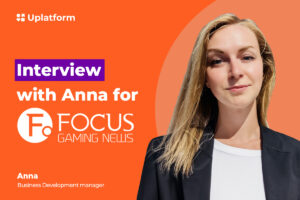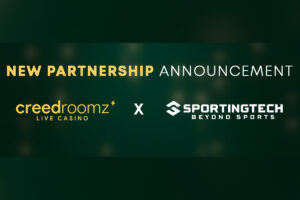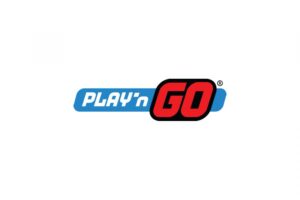Daniel Kustelski, CEO of Chalkline: “The fan experience is taken to the next level”

Daniel Kustelski, CEO of Chalkline, spoke with Focus Gaming News and explained how big events act as attractors for new players.
Exclusive interview.- In dialogue with Focus Gaming News, Daniel Kustelski, CEO of Chalkline, reviews a segment in vogue within the gaming industry: sports betting.
What opportunities do major sports events such as the Super Bowl present betting operators and media companies when it comes to player acquisition?
Big betting events such as the Super Bowl present a huge opportunity for gambling brands and media companies to acquire first time or casual bettors. Events like the “Big Game” transcend sports and garner the attention of the masses.
As with March Madness and the Kentucky Derby, the NFL’s championship game draws in a much wider audience than would normally engage with other sporting events throughout the year.
By offering the option to bet on the Super Bowl or any other big event – whether freeplay or real money – the fan experience is taken to the next level as they become more invested in the action taking place simply because they have backed their favourite team, player, etc, to win.
Big betting events allow operators to potentially cut through a lot of clutter and get the attention of betting-inclined and betting-curious players.
How does bettor education factor into operator acquisition strategies for big betting events?
According to the American Gaming Association, 30 million Americans will place their first legal sports bet over the next three to five years. Educating and acclimating those new players through bettor education is a great place to start the customer experience.
“30 million Americans will place their first legal sports bet.”
Daniel Kustelski, CEO of Chalkline
New bettor FAQs, explainer videos and tooltips are a great start. Explain how a money line works, what a spread is, and even just a few basics on how sports betting works.
Freeplay is a great way of offering the option to bet on a big sports event, especially in these early days of legal online betting in the USA where the majority of consumers have never placed a wager before so are unsure about how the process works.
With so much noise being made around such events, how can operators/media companies cut through this to engage potential punters?
There may be a lot of noise, but the big betting events get a lot of focus from fans and casuals during the week leading up to the event.
TV, local radio and online media cover big betting events, so there’s a context for operators to ride the wave of popularity and get engagement around the event. Operators will attempt to reach brand new customers, but they’ll also want to use the occasion to drive awareness through word of mouth with existing players recommending their brand to friends.
When it comes to free-play games, operators have a lot of flexibility and can take different approaches to key segments: for new players, offer a simple pick’em; for experienced players, offer an in-play experience with staking.
We’ve seen a lot of success with freeplay engagement from the simplest Pick 6 to DFS-style fantasy games to zany Super Prop concepts. A wide variety of fans allows marketers a wide range of possibilities.
If you had to pick one key characteristic for operators to consider when planning their big event marketing campaigns, what would it be?
Simplicity. To best introduce new bettors to a sportsbook, it’s critically important that operators deliver simple user experiences. This includes everything on the path to new customer conversion: freeplay, light registration forms, full sign up, making a deposit and that important first wager.
For experienced bettors, operators will focus on offering many markets and odds on the big betting event, but for new players, the most important product feature is “making it easy to place my first bet.” Nobody wants to feel anything less than sharp when they place their first bet.
Do these events present any opportunities for operators outside of regulated states? If so, what and how can they leverage them?
Operators planning to enter non-regulated states should definitely use these big betting events to initiate engagement with future customers.
In states where betting isn’t legal, offering freeplay contests around these events is a great way to engage, educate and acclimate players to sports betting – whether that state ultimately legalizes the activity or not.
See also: Daniel Kustelski: “Start customer acquisition work today”
Freeplay also allows operators and media companies to protect their databases while engaging with their audience in a way they have not done so before. Any time a brand can engage with players around their passion points and interests, it builds more equity and loyalty.
Big events are a great way to re-engage decayed players and rejuvenate segments of an operator’s database. Once the player re-joins and engages, it’s important to put them in the correct cultivation flow to progress the customer journey.
Can operators and media companies learn anything from how European brands approach major sports events? Or is a different approach required in the US?
It’s a similar approach on both sides of the pond; leveraging the opportunity of a major sporting event to garner new customers is universal and the same fundamentals work.
That being said, there are some subtle differences. Consumers in the US tend to really enjoy Super Bowl prop markets that are less popular in Europe. With the data-driven US sports fan, props around big events are typically hyped by the media and add a uniquely American flavour.











